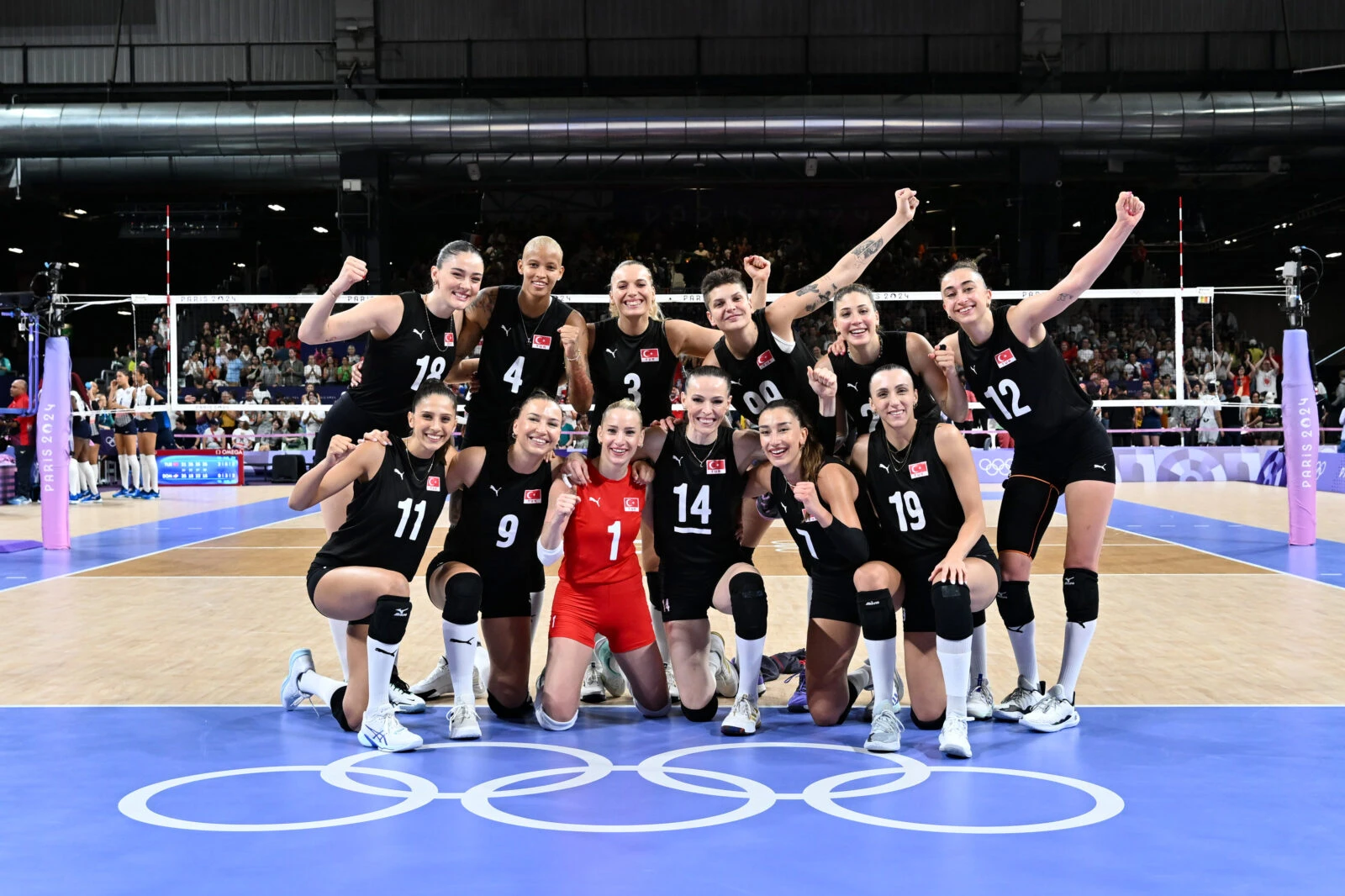Turkey elections: Diaspora flock to polls for runoff
Turkish citizens living abroad have begun voting in the second round of the country’s presidential election, an unprecedented situation after neither President Recep Tayyip Erdogan nor Kemal Kilicdaroglu was able to poll more than 50 percent in the first round last week.
Around 3.4 million Turks are eligible to vote internationally – 1.5 million in Germany alone – with polling open from May 20-24.
The rest of the 64 million eligible voters will be able to cast their votes on 28 May in what has been a hotly contested election.
Footage and photos from makeshift polling stations across the globe appeared to show large numbers of people queueing to vote.
In a video on his Twitter feed, Kilicdaroglu, the candidate for the opposition Nation Alliance, urged Turks living abroad to vote.
Stay informed with MEE’s newsletters
Sign up to get the latest alerts, insights and analysis,
starting with Turkey Unpacked
“Wherever you are in the world, heading to the ballot box in this election is a national duty,” he said.
Translation: Germany. 08:00 in the morning. Vote line. Turks in Germany set their minds to say Mr Mr Kemal on 28 May.
On Sunday evening, Kilicdaroglu received 44.96 percent of the votes, while Erdogan, the head of the Justice and Development Party (AKP), secured 49.4 percent, 0.6 percent short of an outright victory.
A third candidate, nationalist Sinan Ogan, obtained 5.17 percent and both Kilicdaroglu and Erdogan are expected to seek his endorsement in negotiations this week.
Kilicdaroglu has stepped up his nationalist rhetoric in recent days, promising to expel “10 million” migrants from the country if elected.
In a public address on Thursday he criticised Erdogan’s immigration policies.
“Erdogan, you did not protect the borders and honour of the country,” he said.
“You have deliberately brought more than 10 million refugees to this country… as soon as I come to power, I will send all the refugees home.”
Ogan told Reuters that he would support Kilicdaroglu in the run-off “if he agrees to offer no concessions to a pro-Kurdish party”.
Yet distancing himself from the Kurdish vote would be disastrous for Kilicdaroglu, who won heavily in Kurdish-dominated cities.
Both Kilicdaroglu and the AKP’s Binali Yildirim, a former prime minister and ex-AKP leader, were reported to have held a phone call with Ogan following the vote.
Ultra-nationalist politicians – present in both the government and opposition alliances, as well as among independents – have made the expulsion of the almost four million Syrians from the country their top demand.




